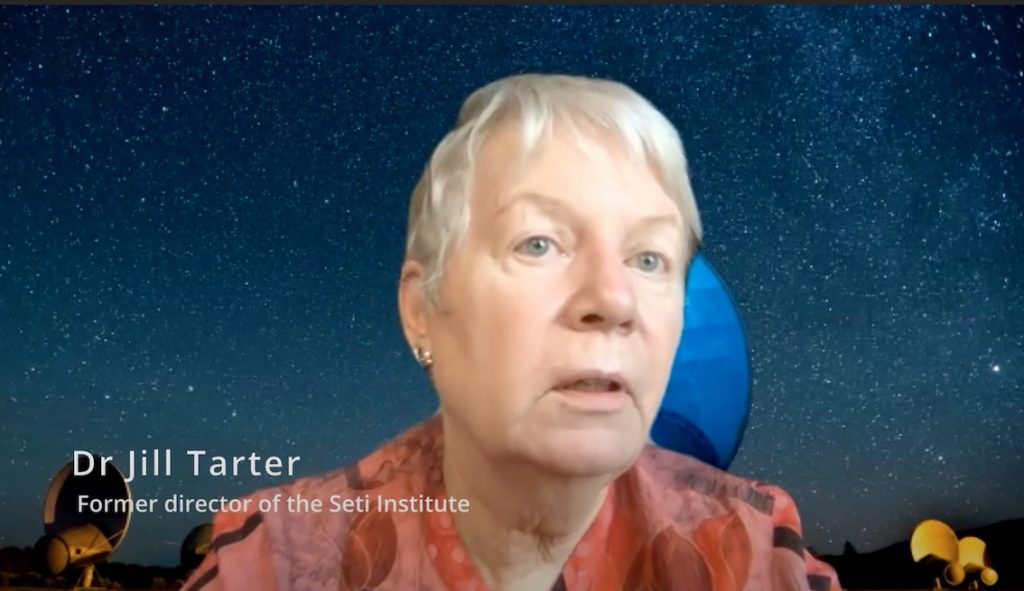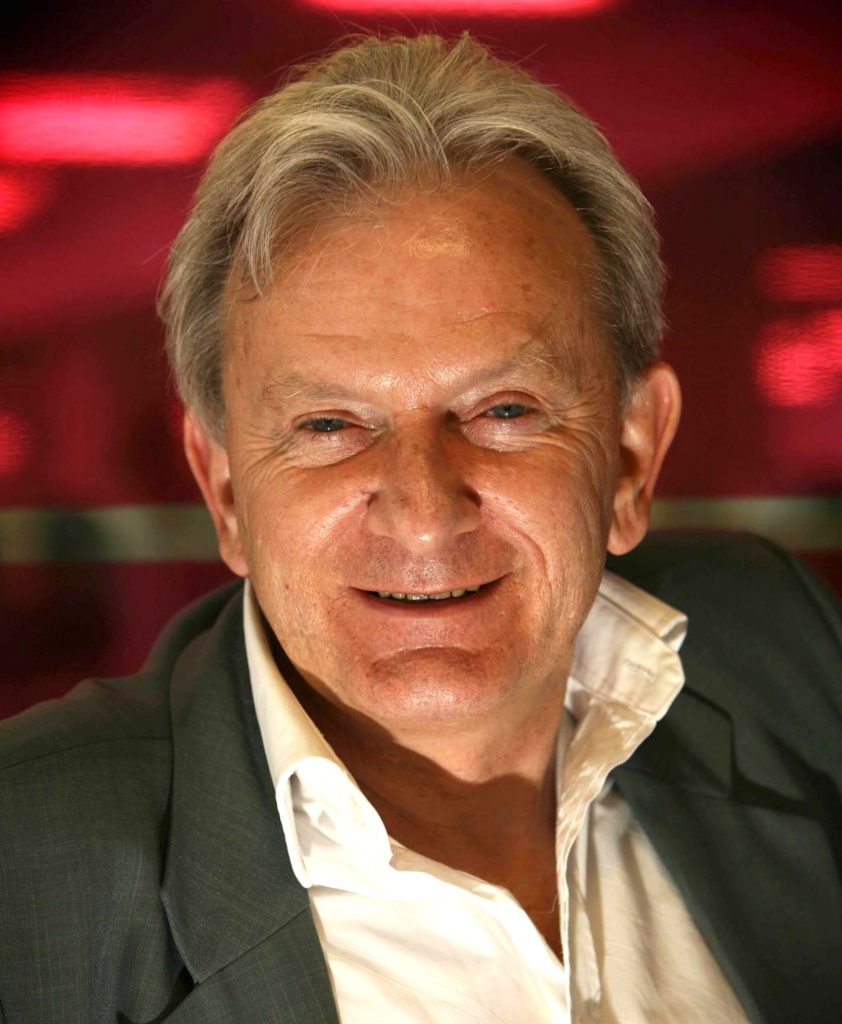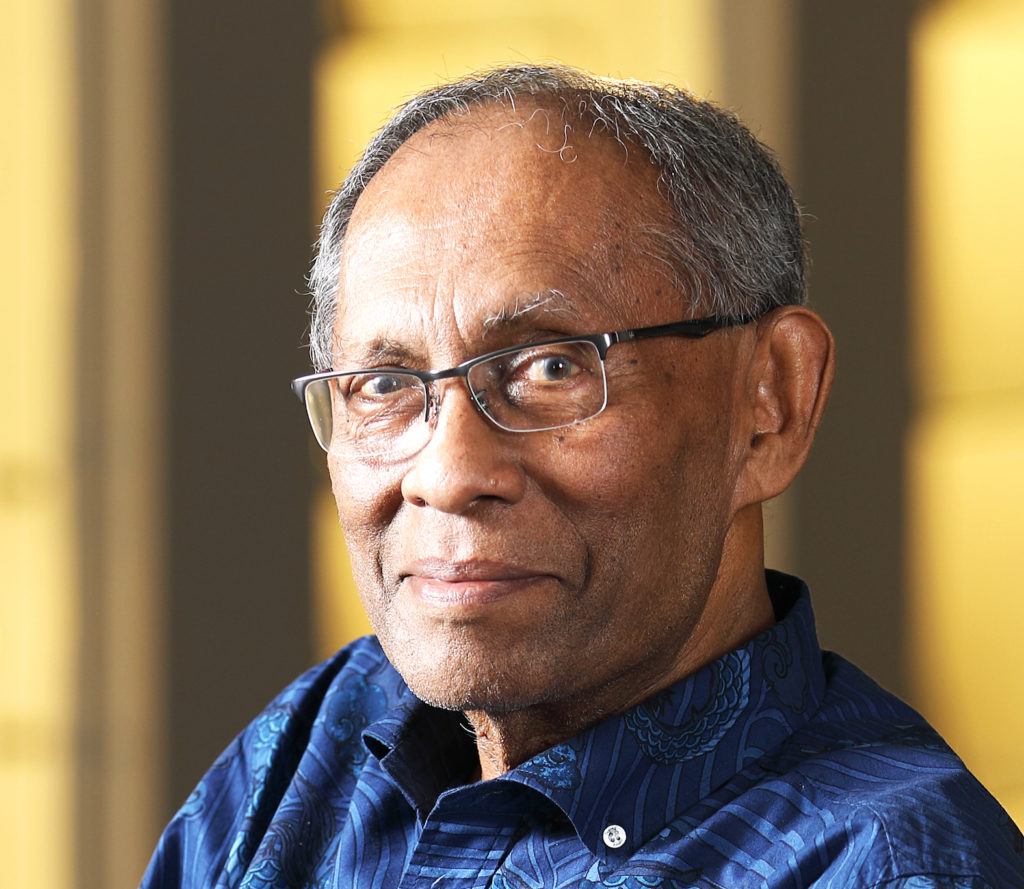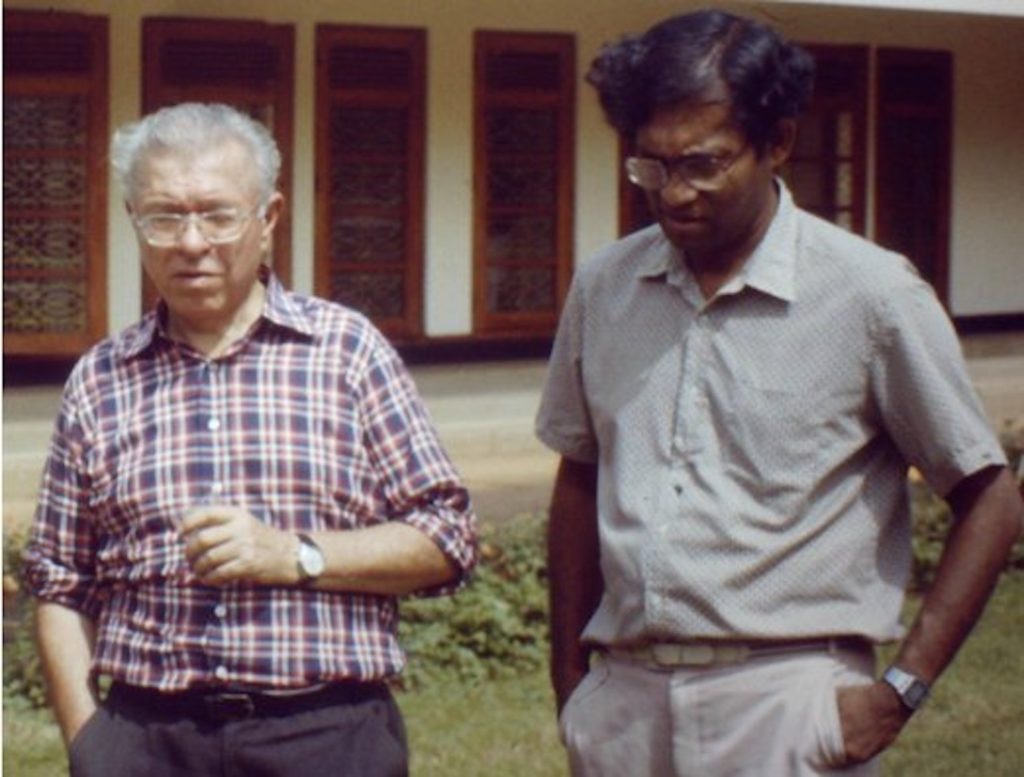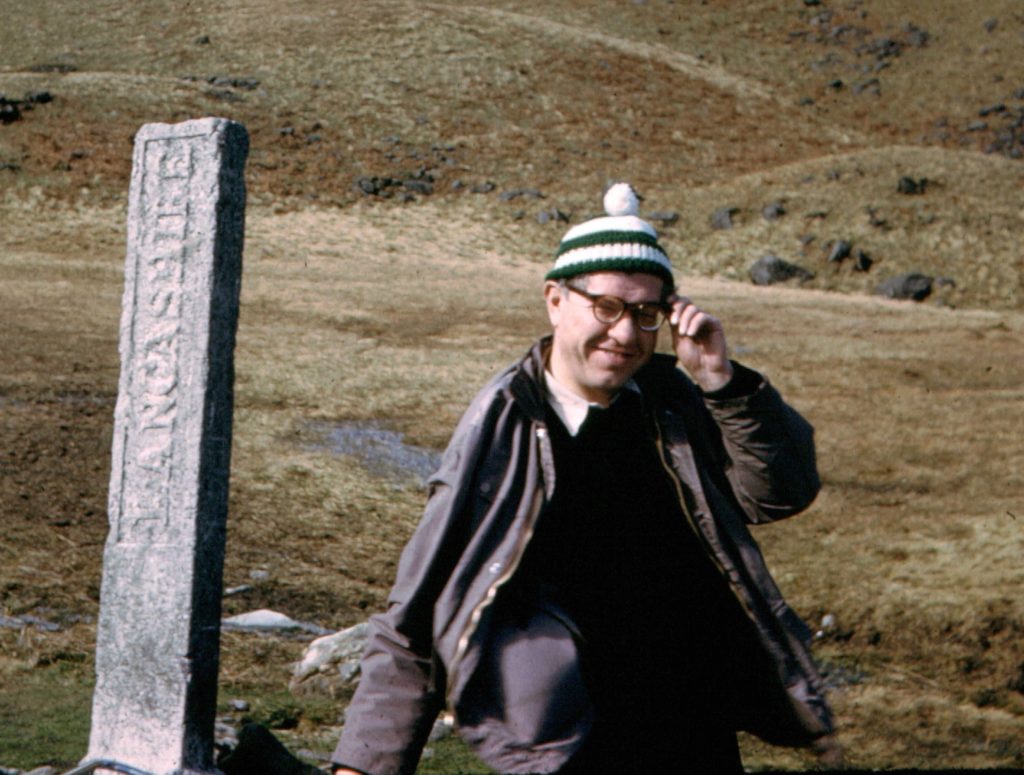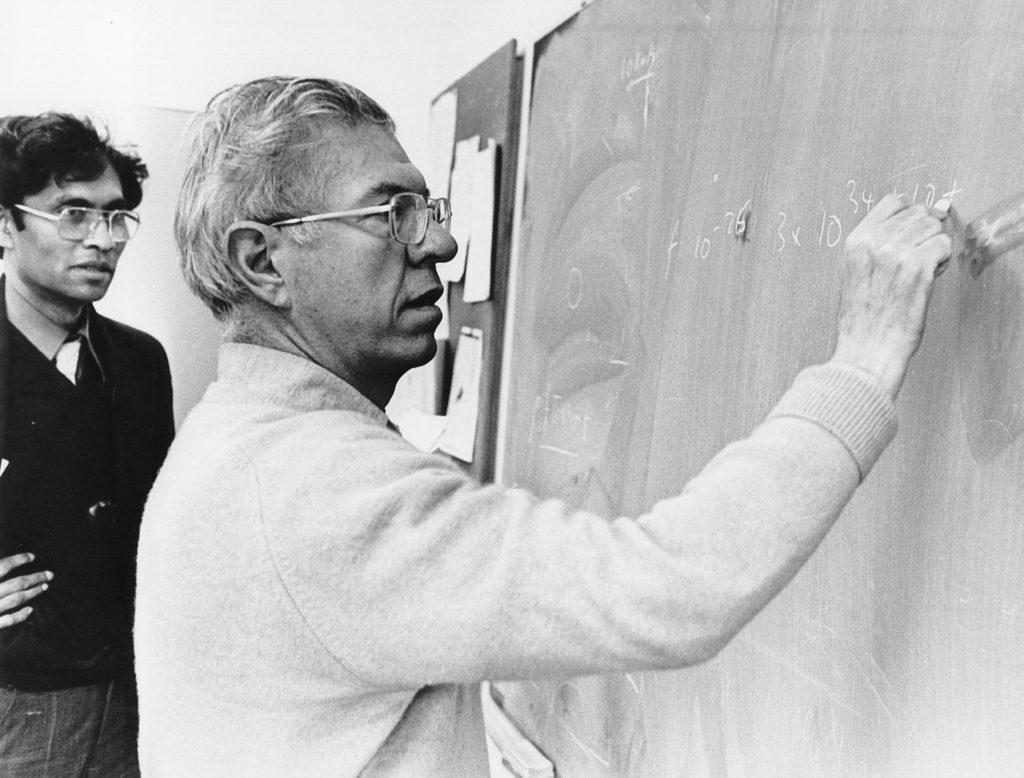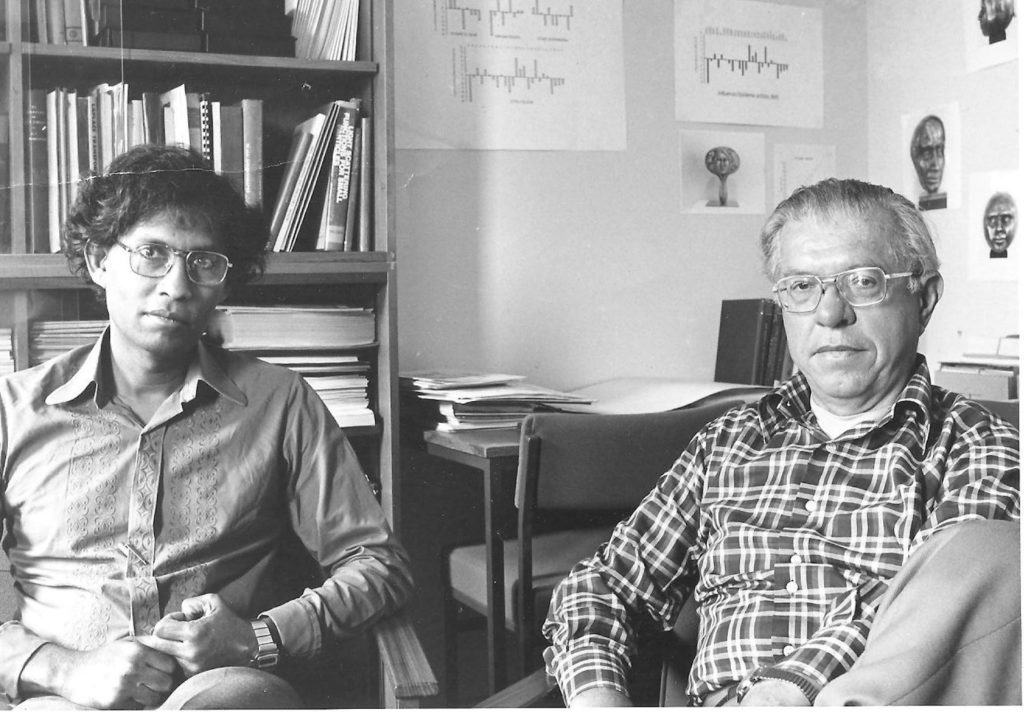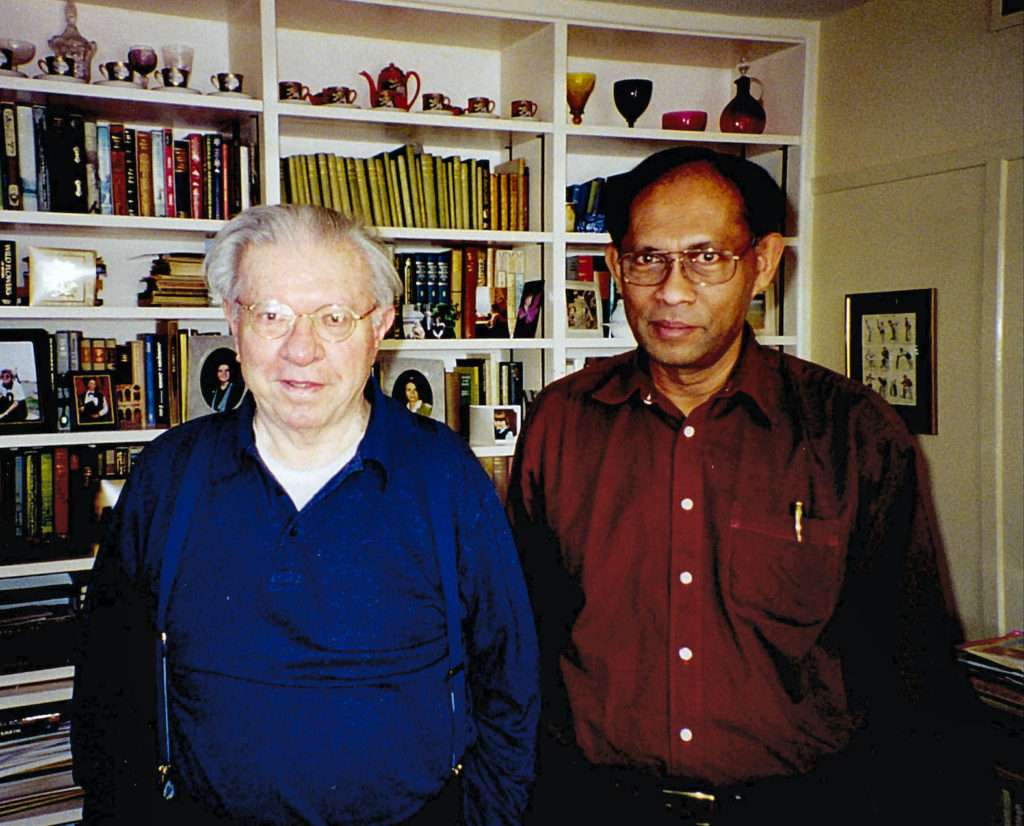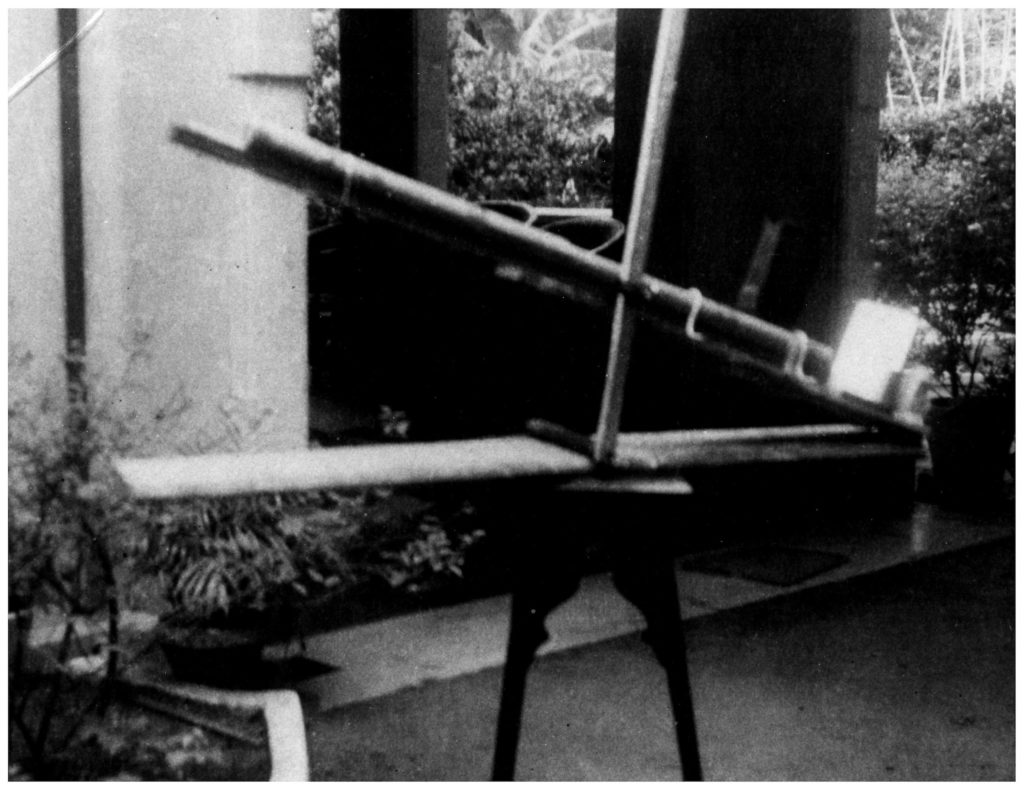
The latest book from author Brian Harvey @BrianHarveyAut1 is probably the first English-language analysis of the individuals, institutions, and early space projects that would eventually lead not just France but Europe to its status as a leader in designing, building, and operating complex space infrastructure.
This is probably the first English-language analysis of the individuals, institutions, and early space projects that would eventually lead not just France but Europe to its status as a leader in designing, building, and operating complex space infrastructure.
In the first chapter, “Early Days”, the author refers to John F. Kennedy’s little-known but perhaps most powerful speech on 10 June 1963, Strategy for Peace. Here, it would have been interesting to see the author’s assessment of how space collaboration has cultivated peace on Earth.
In this episode, Brian talks about his motivation for writing this book and accessing the complex sources he needed to tell this story.
A video of this interview is available on YouTube.
Podcast: Play in new window | Download (Duration: 1:04:24 — 51.6MB) | Embed
Subscribe: Apple Podcasts | Spotify | RSS | More
